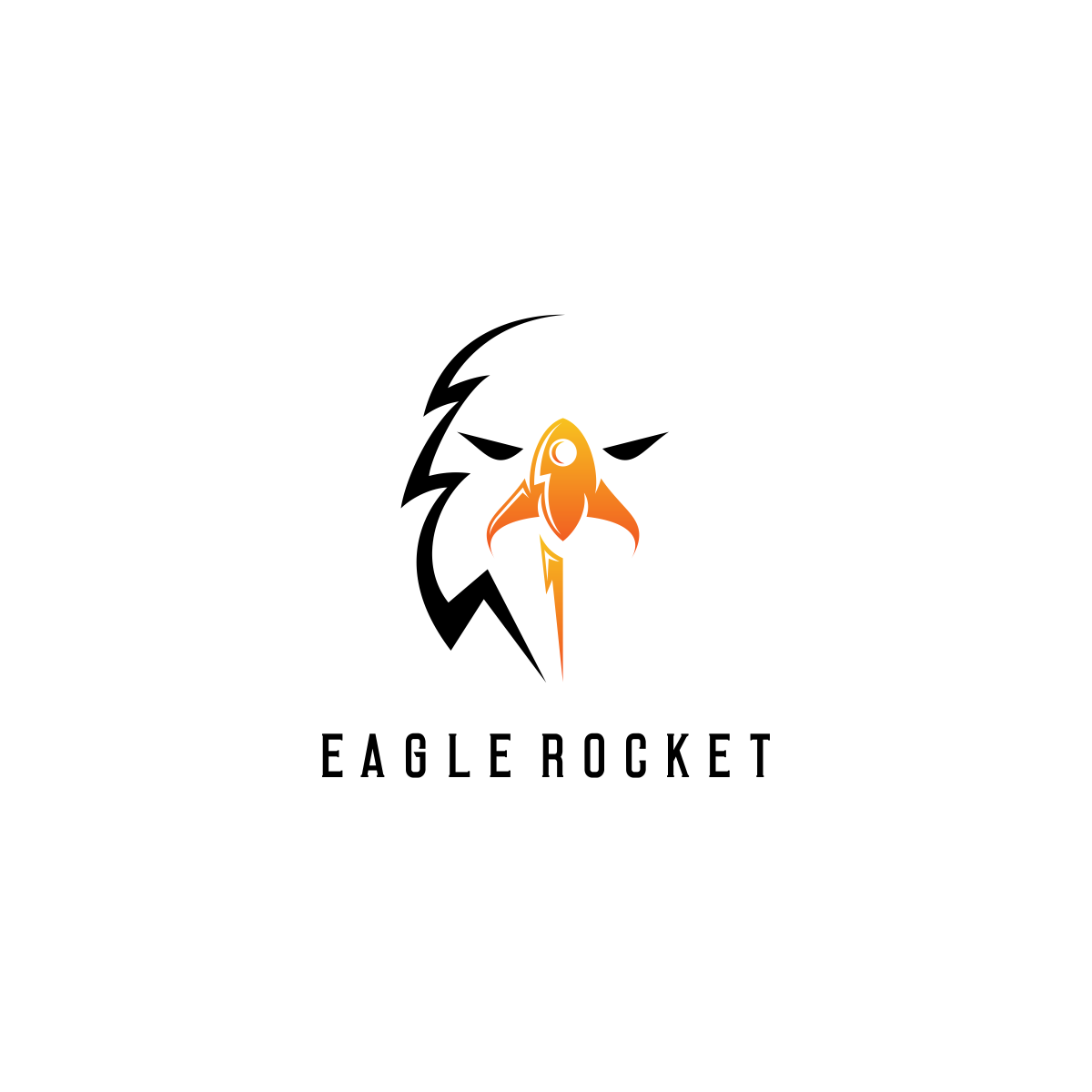Job interviews can feel like a daunting challenge, especially given the competitive nature of the job market in 2025. Many candidates grapple with anxiety, fearing they might not present themselves effectively. However, with the right preparation, it’s possible to turn this anxiety into confidence. This article is designed to equip you with essential tips and techniques to enhance your interview performance. From understanding the company culture to mastering common interview questions, these strategies will set you on the path to success. Let’s explore how to ace your next interview!
Importance of Research in Interview Preparation
The cornerstone of effective interview preparation lies in thorough research. Knowing the company inside and out can significantly boost your confidence and help you better position yourself as the ideal candidate.
What to Look For When Researching a Company
When preparing for an interview, it’s key to understand various facets of the organization you’re applying to. Here are several focal points to consider during your research:
- Company Mission and Values: Familiarize yourself with their core beliefs and values. This knowledge allows you to align your responses during the interview accordingly.
- Recent Achievements: Be aware of any recent successes or achievements that the company has accomplished. This shows your interest and can provide great conversation starters.
- Key Players: Identify important figures in the organization, such as executives or leads, to better understand its structure and culture.
- Products and Services: Gain insight into their products and services. Understanding the offerings can help you tailor your responses to demonstrate how your skills align.
- Employee Reviews: Utilize platforms like Glassdoor to read reviews from current and former employees. This can help you gauge the company culture.
By collecting this information, you will not only prepare to answer potential questions better but also formulate pertinent questions to ask in a job interview.
| Research Focus | Importance |
|---|---|
| Mission and Values | Shows alignment with the company’s principles. |
| Recent Achievements | Demonstrates awareness of the company’s current standing. |
| Key Players | Facilitates personal connections during the interview. |
| Products and Services | Ties your skills to the company’s needs. |
| Employee Reviews | Gives insight into the actual work environment. |
Mastering Common Interview Questions
Prepare for common interview questions by preemptively thinking through your answers. This practice will help to articulate your responses more confidently when it counts.
How to Answer Interview Questions
Utilizing the STAR method (Situation, Task, Action, Result) simplifies structuring your responses to behavioral questions. Here’s how:
- Situation: Briefly describe the context within which you performed a task or faced a challenge at work.
- Task: Explain your responsibilities in that situation.
- Action: Describe the specific actions you took to address the situation.
- Result: Share the outcomes of your actions and, if possible, quantify your success.
This method not only helps you convey your thoughts more clearly but also keeps your responses focused and relevant.
| Question Type | Example | Strategy |
|---|---|---|
| Behavioral | Describe a conflict you had at work and how you resolved it. | Use the STAR method to structure your answer. |
| Situational | How would you handle a tight deadline? | Discuss prioritization strategies you’ve used in the past. |
| Strengths | What are your greatest strengths? | Align strengths with the job requirements. |
| Weaknesses | What is your biggest weakness? | Choose a real weakness and discuss how you’re addressing it. |
The Power of Presentation in Interviews
Your appearance and non-verbal communication play a significant role in forming first impressions during interviews. Understanding what to wear and how to embody positive body language during interview can greatly influence the outcome.
What to Wear to a Job Interview
Your outfit should align with the company’s culture. Here are some guidelines:
- Research Dress Codes: Determine the company’s dress expectations. For example, tech firms may lean towards smart casual, while financial institutions often require formal attire.
- Professional Attire: Choose outfits that fit well and are clean. For men: a suit or dress shirt with slacks; for women: a professional dress or pantsuit.
- Grooming: Ensure that your hair is neatly styled, and avoid overly casual accessories or heavy fragrances.
Practicing Interview Techniques with Mock Interviews
Practicing your responses in a mock interview setting can significantly enhance your readiness. Engaging with a friend, mentor, or career coach allows for a safe environment to hone your skills.
Preparing for Technical and Behavioral Interviews
Emphasizing clarity in your technical knowledge is critical for roles that demand specific expertise. Here are steps to take:
- Identify Key Competencies: Know the core technical skills required for the job and prepare to discuss them.
- Practice Problem-Solving: If you’re interviewing for a technical role, stay sharp by solving relevant problems or writing code snippets.
- Behavioral Practice: Utilize mock interview sessions to practice behavioral questions using the STAR method.
| Mock Interview Focus | Importance |
|---|---|
| Technical Skills | Demonstrates your ability to perform job functions. |
| Behavioral Questions | Showcases your soft skills and adaptability. |
| Communication Style | Builds confidence in your presentation amidst stress. |
| Time Management | Helps in articulating concise responses within time constraints. |
Follow-Up After the Interview
A common mistake many candidates make is neglecting the follow-up. Sending a thank-you note is an excellent way to reinforce your interest and professionalism.
How to Follow Up After a Job Interview
Here’s how to craft a follow-up message that stands out:
- Timeliness: Send your thank-you email within 24 hours of the interview.
- Personalization: Reference specific topics discussed in the interview to create a personalized touch in your message.
- Express Appreciation: Thank the interviewer for the opportunity and reiterate your enthusiasm for the role.
| Follow-Up Component | Details |
|---|---|
| Subject Line | Thank You – [Your Name] |
| Opening Line | Thank you for the opportunity to interview for [Position]… |
| Main Content | Reference a specific discussion point… |
| Closing | Looking forward to the next steps. |
Avoiding Common Interview Mistakes
Understanding what to avoid can be as valuable as knowing what to do during an interview. Common mistakes can undermine your efforts significantly.
Interview Dos and Don’ts
Having a checklist of dos and don’ts for your interview can set you on the right track:
- Do: Prepare thoughtful questions to ask the interviewer.
- Do: Dress appropriately for the company culture.
- Don’t: Speak negatively about past employers or experiences.
- Don’t: Fidget or display nervous habits during the discussion.
| Dos and Don’ts | Details |
|---|---|
| Do Research | Understand the company’s values and mission. |
| Don’t Be Late | Plan to arrive early to avoid any last-minute rush. |
| Do Practice | Engage in mock interviews with friends or mentors. |
| Don’t Forget Thank You Notes | They show gratitude and reinforce your potential fit. |
Conclusion
Preparation for job interviews should be viewed as an empowering process. Implementing the strategies outlined will help mitigate your anxiety and bolster your confidence. Remember, every interview is an opportunity to present yourself authentically and connect with potential employers. As you prepare, focus on what you can control: your research, your presentation, and your practice. For those seeking professional assistance, consider exploring recruitment services like Eagle Rocket, which aids in finding top-performing sales professionals. Remember, your next job interview is just around the corner – be ready to ace it!

